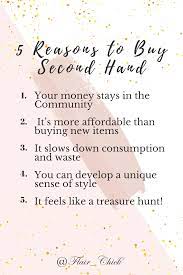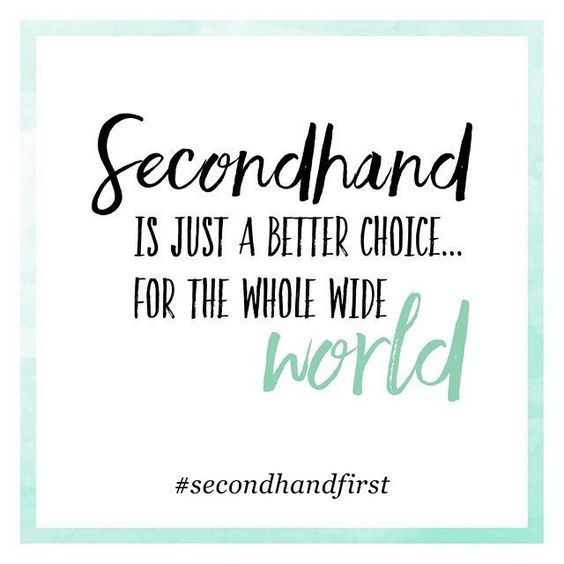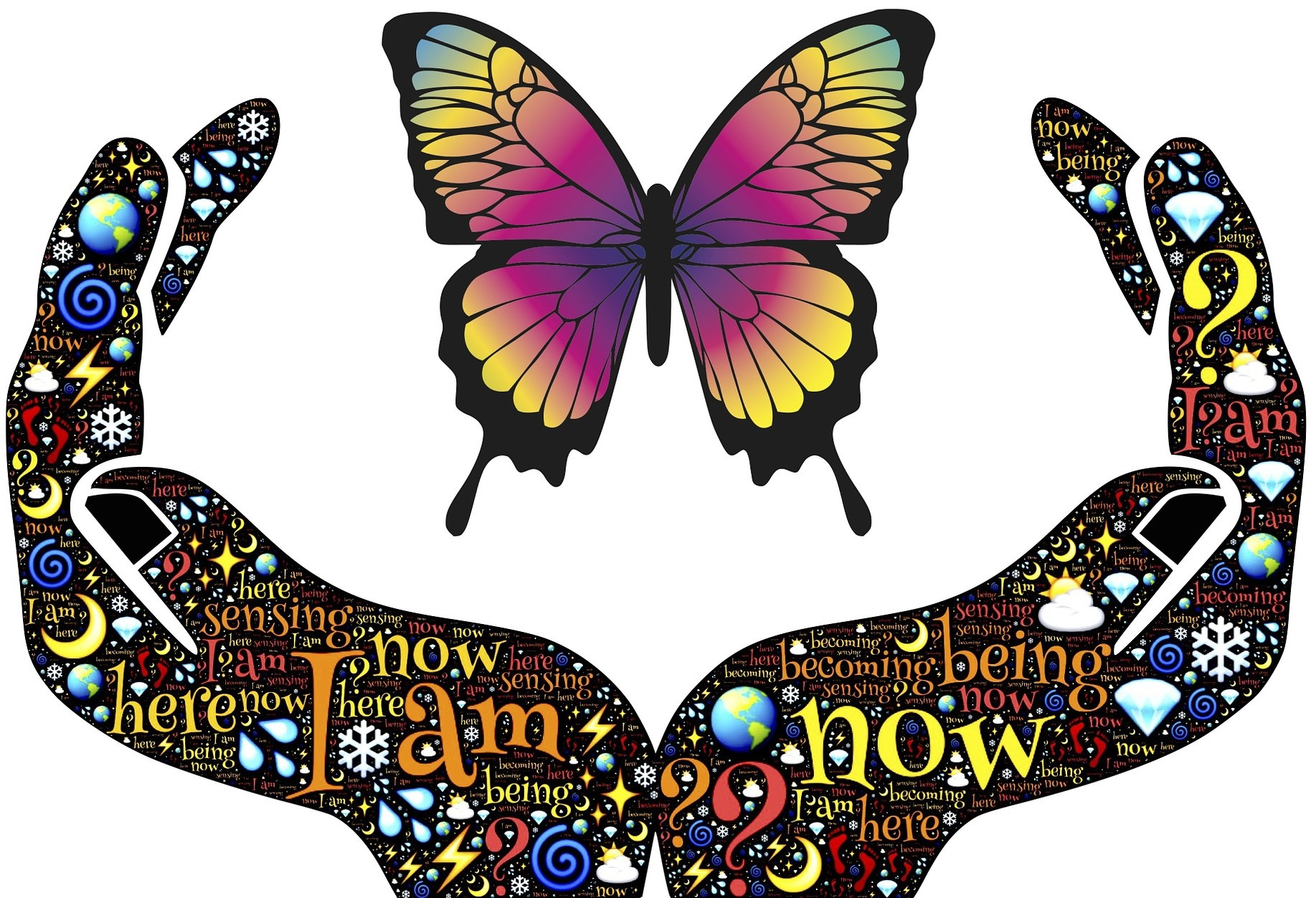The concept of selling and buying used goods is not new. But in India, this was not something that people indulged in openly as it is looked down upon if you buy something off someone else. However, the trend is fast catching up and more people are open to buying pre-owned stuff.
What Is Thrifting Or Pre Owned All About
As the name suggests, it is the selling and buying of products that were previously owned by someone else. It is also called thrifting or secondhand buying. These could items that were used and no longer are needed by the person. Or it could be items that people bought or were gifted but never got around to using them. Basically, there are unused items. There is also another word that is frequently used these days: pre-loved. This means, the person who owned the item really loved it and hence took good care of it. So they will be in very good condition. Usually branded stuff comes under this and you will find expensive branded clothes and accessories in great condition for a bargain price.

Advantages
As a seller, you can sell items that you no longer need. Instead of throwing it away or giving it for free, you can sell it secondhand and make some money.
As a buyer, you can get some really cool stuff at throwaway prices. Sometimes things that are unique or no longer available or were beyond your means, come your way at bargain prices. For youngsters just starting out on their own, couples starting a new life, students who are in a different city only for a short time, house help, and support staff looking for deals – this is a great way to find stuff.
Disadvantages
The only disadvantage I can think of is if you are duped i.e. if the seller has given the product on the promise of payment but does not receive it or the buyer transfers the money but the product is not handed over or is damaged.
Some Tips To Help You Along Your Pre-Owned Journey
If you are part of the group, go through the rules and make sure you adhere to them.
Do not post snide or condescending remarks on the products or offers.
Be respectful of each other.
As a seller,
- Post flattering pictures of your product, taken in good lighting.
- Make sure you mention all the details of the product like the dimensions, wear & tear, how long you owned it, and the reason for selling (if relevant).
- Mention the pick-up terms and conditions, if any.
- Do your research on the market value of the product.
- Mention the expected price and if you are open to negotiations.
- Once a product is booked by somebody by agreement, do not sell to someone else if they offer you a higher price. It is unethical.
As a buyer,
- Be prompt to pay and pick up the product once you have come to an agreement with the buyer.
- Be clear on your expectations in terms of the delivery or the product condition or accessories.
- Do your research on the market value of the product.
- While negotiating, be realistic about the prices you are willing to offer.

While I am part of 2 such groups in my apartment complex, I have not yet ventured out into the wider online market. I just find this more convenient but I do know of people who have got great deals on different sites.
I have sold stuff that I hoarded over years and it is nice to see it used by someone else instead of just piling up in a corner. I have found some fabulous deals too like stools and stands for my plants and a few unique items that I have upcycled as part of my art projects.
I have also found stuff and completely furnished apartments for students, who are on a budget and do not want to spend money on new stuff. House helps and support staff are usually on the lookout for electronic goods like laptops for their kids, cycles, 2 wheelers, etc., – we are usually able to match the requirement with some seller within the apartment complex itself. So it is a win-win situation for all parties!
Images of quotes used above are sourced from Google Search & Pinterest.
This blog post is part of the blog challenge ‘Blogaberry Dazzle’ hosted by Cindy D’Silva and Noor Anand Chawla in collaboration with Monidipa Dutta.




I really think this is a good way to prevent waste. The Earth needs more sustainability champions, who believe in making optimum use of the stuff they buy. Not everything can be recycled, so it must be used well. You are on the road to preservation and kudos for that.
Your recommendations for buying and selling pre-owned items are spot-on. I’ve been using pre-owned and preloved goods for years, and I believe it’s an excellent way to contribute to sustainability. Not only have I embraced this practice, but my daughter has also become a fan, regularly purchasing and even selling pre-owned items.. Keep spreading the word about the benefits of embracing the pre-owned market!
In earlier days, people were wary of getting second-hand things except books. The fear being the quality is already deteriorated and won’t last so not much value for money and there was this concept of things carrying the energy and aura of their previous owners especially clothes and bedding and furniture. But perceptions have changed and thrifting is cool now, people even are buying used clothes and handbags. The tips on buying and selling used items are quite practical.
I like the concept of pre loved Vasu and I have sold a lot of furniture that way😀. but there are only certain things I would sell and I m very clear about that. I like to give away stuff to the less privileged and when they become happy, I become the happiest. Money doesn’t motivate me, I’d rather bring a smile on someone’s face than make a few extra bucks… that’s how I feel.
To each his own I guess🙂
When I visit India, I make it a point to bring all my old clothes and donate them to the house helper at my mom’s place. Seeing their happiness brings me immense joy, and it’s a feeling that surpasses any monetary motivation.
All tips mentioned are great. It’s always beneficial to explore options for purchasing second-hand goods, as it can save money and contribute to sustainable consumption.
The concept of buying and selling pre owned items are always a good choice especially in the case when the condition of the product is good and you no more need it at home. But If i am asked if am interested to buy second hand products for my use… well somehow I dont feel like having it as somehow at the back of the mind it goes someone already used it. I am talking as a family person in this sphere. But after some years time if my son goes out for studies in some different city and need some household items for his student rented room then such deals I will appreciate to go for as it will be cheap and also durable for the period of his studies. Coming to clothes … I will prefer to distribute the needy people and Books I can never sell for a price but OK to donate in schools or in my libraries if I feel to haul. For furniture like big items I am Ok to sell if any good customer I get but not ready to buy and I reason I already mentioned. Tips for the sellers you shared are valid and one must follow it strictly and so it is for the buyers. Will you share a few sites for selling old stuffs… I will love to have them in my records for some future needs.
I prefer donating or sharing stuff instead of selling them. In the old days, there were sustainable practices of swapping clothes but now everyone turns up their noses.
I work with a fashion brand that resells everything from clothes to bags to even wedding dresses and engagement rings. Reselling and pre-loved have been big business for decades in the US now. I feel it is not a concept that would work in India, we are wired differently.
I have never thought of selling pre-owned goods, except books, of course. I have heard of the sale of second-hand clothes too. Your tips are useful for those considering this as a business proposition.
That is a beautiful concept explained well. And I think books at a lower price are a gift to students and readers and that gives them the gift of education to the next generation. It is never second hand it is the usability and the giving quality that matters and results in a win-win for the buyer and seller
Yes thrifting is getting more popular in India nowadays but I feel people her are wired differently.
I was brought up with the mindset that second hand items are lower in quality, not for us. however as I have grown up, I have realised it is a positive step for sustainability. so definitely yay for thrifting.
Thrifting is a great way of sustainability. But I mostly prefer donating. Thanks for the tips.
It’s true that thrifting or buying pre-owned goods hasn’t been as popular in India compared to some other cultures. However, as times change and awareness about sustainability grows, we’re seeing a shift in attitudes towards thrifting. Here’s to hoping, it helps in fostering a culture of reusing and reducing waste.
I’ve found some amazing designer goods second-hand while travelling abroad. It’s actually quite fun apart from being good for the planet!